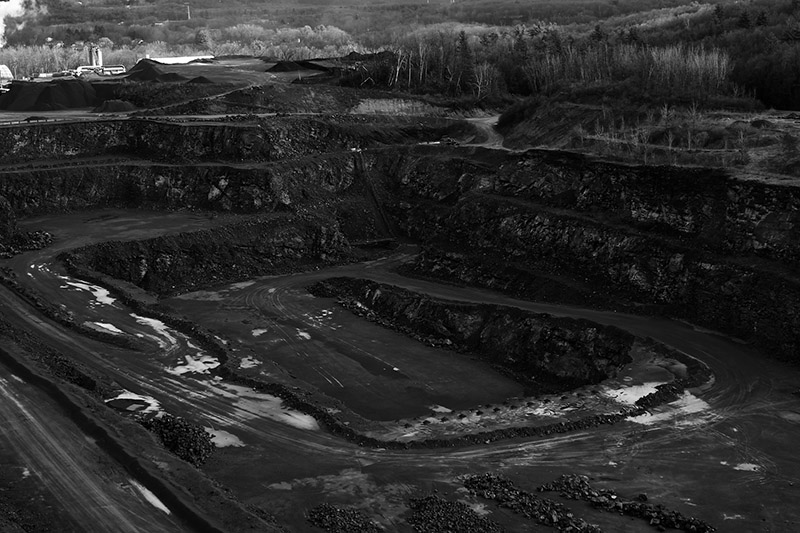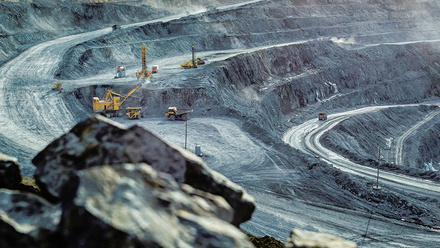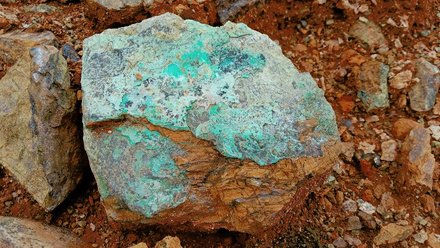Coal exports to China face grim future
China's demand for coal imports will drop significantly by 2025, according to new modelling led by researchers at The Australian National University (ANU).

The energy economists examined China's plans for decarbonisation and increasing energy security. Their purpose-built model shows China's thermal coal imports could fall by at least 26%, between 2019 and 2025. If China follows through on ambitious climate policies, thermal coal imports could fall as low as 115 megaton per year in 2025 - a decline of 45%.
Lead author of the study and energy economist Dr Jorrit Gosens said the modelling shows major coal exporters like Australia would feel the biggest losses from the changes. ‘When it comes to coking coal imports, Australia is the country that stands to lose the most. ‘
According to the researchers, in normal years about a quarter of both Australia's thermal and coking coal exports are destined for China. Dr Gosens warns Australian businesses and political leaders can't rely on an increase in demand for Australian coal, even if the recent ban on imports is lifted.
‘Our results mostly show that China's investments in coal transport infrastructure have greatly reduced the cost for China to cut imports, whether to impose punitive trade embargoes or to prop up domestic mining sector demand and employment,’ Dr Gosens said.
‘Even if Australia were to reconcile its current political differences with China, it should expect Chinese demand for its coal to be well below pre-conflict levels and to keep falling from that level.’
‘China has been investing heavily in coal transport infrastructure for many years, precisely to reduce dependency on foreign energy. The recent turmoil in global energy markets will only strengthen Beijing's resolve to decrease its dependency on them.’
Study co-author Professor Frank Jotzo, a climate change economist, said the changes would have long-lasting impacts on the Australian economy as well as on political debates about climate change.
‘Our findings illustrate how energy security concerns, a fracturing global security and trade landscape, combined with climate action are putting the squeeze on coal - not in the distant future but imminently,’ Professor Jotzo said.
‘Our findings should be of high concern to the coal industry... Coal will be on the way down. We need to foster alternative economic futures. Australia's resource and energy industries have every opportunity to prosper in a low-emissions world.’







